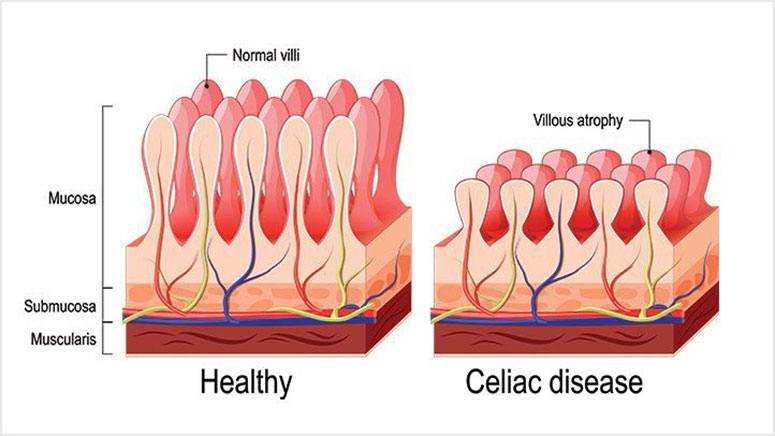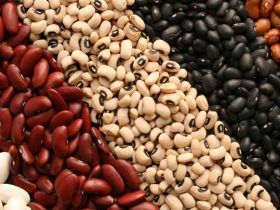Different symptoms of IBS and celiac disease

Symptoms that appear in only irritable bowel disease:
- The feeling of partial evacuation
- Mucus in stool
Symptoms that appear in only celiac disease:
- Loose, greasy, or foul-smelling stool
- Damage to digestive organs
It is usually difficult to differentiate between these two conditions because they have similar symptoms. According to experts, the most obvious difference between IBS and celiac disease is how they affect the body. Their effects on the body can also affect the severity of symptoms.
It would help to know that irritable bowel syndrome is a digestive disorder that affects only the lower digestive organs. For this reason, its symptoms do not appear in other parts of the body. Also, the condition does not cause permanent or long-term damage to the digestive organs, and it rarely leads to nutrient problems.
On the other hand, the symptoms of celiac disease may extend to other parts of the body. This is because it is an autoimmune disease and can be more severe than IBS. In severe cases, it can prevent the absorption of vital nutrients which can lead to more health conditions.
According to studies, people with celiac disease may experience certain symptoms of nutrient deficiencies, such as:
- Infertility [2]
- Delayed menstruation
- Fatigue
- Dermatitis herpetiformis
- Joint or bone pain
- Red tongue
- Anxiety [3]
- Headaches
- Peripheral neuropathy
- Seizures [4]
- Canker sores
- Miscarriage
- Anemia
- Arthritis [5]
- Depression
- Vertigo [6]
- Missed menstrual periods
Also, celiac disease can also lead to nutrient deficiencies in children. Children who have nutrient problems may experience symptoms of retarded growth, such as:
- Failure to thrive
- Mood changes
- Weight loss
- Delayed puberty
- Short height
- Tooth damage













